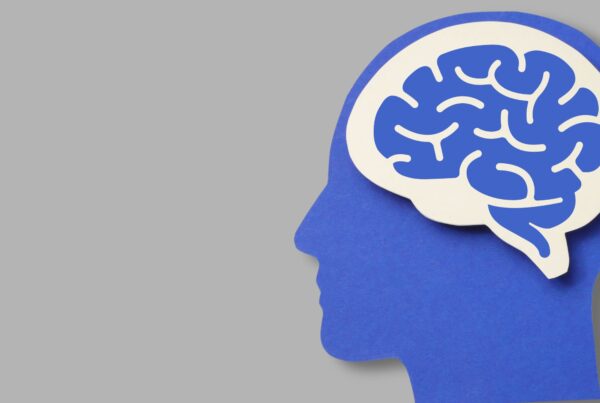When people hear the word “trauma,” they often imagine long-term, repeated harm or a difficult childhood. But trauma isn’t always something that builds over time. Sometimes, the most significant emotional injuries come from a single moment — a sudden event that overwhelms your ability to cope. This is what clinicians call acute trauma, and it’s far more common than many people realize.
Acute trauma refers to experiences that happen once or over a short period of time but carry enough shock, fear, or helplessness to leave a lasting imprint. And even though the event itself might be brief, the effects can linger in ways that feel confusing, frustrating, or isolating.
What Can Cause Acute Trauma?
Acute trauma can stem from many different situations. Some examples include:

- A car accident
- A sudden medical emergency
- The unexpected loss of a loved one
- A natural disaster
- A physical assault or frightening encounter
- An unexpected incident at work or school
- Witnessing something disturbing or violent
Many people in Kansas City experience these sorts of events — especially considering unpredictable weather, fast-paced highways, and life’s general unpredictability. Trauma doesn’t discriminate based on background, age, or personality; anyone can be deeply affected by a moment that overwhelms the nervous system.
How Acute Trauma Might Show Up
One of the tricky parts about acute trauma is that people often minimize their reactions. They’ll say things like, “It was just one event,” or “I should be over this by now.” But your body and mind don’t measure trauma by duration — they measure it by intensity, threat, and emotional impact.
If you’ve been through an acute trauma, you might notice:
Changes in your body:
– Difficulty sleeping
– Feeling on edge, jumpy, or easily startled
– Fatigue or tension that doesn’t let up
– Headaches or stomach issues
Emotional changes:
– Waves of anxiety or panic
– Moments of sadness, irritability, or numbness
– Feeling detached or “not like yourself”
– Persistent worry about something bad happening
Changes in your daily life:
– Avoiding people, places, or situations that remind you of the event
– Difficulty focusing or being present
– Feeling unsafe, even in familiar environments
– A lingering sense of vulnerability or fear
Some people experience these symptoms immediately. Others don’t notice the impact until weeks or months later. Both are normal.
You’re Not “Overreacting” — Your Nervous System Is Responding
A single traumatic event can activate your body’s survival system in ways that don’t simply switch off when the event ends. You may logically know you’re safe, but your body hasn’t fully caught up. That can lead to ongoing hypervigilance, emotional reactivity, or trouble calming down — especially when something reminds you of what happened.
This doesn’t mean you’re broken or weak. It means your body is trying its best to protect you.
What Can Help When You’re Struggling With Acute Trauma
The good news is that healing from acute trauma is very possible. People often recover more quickly and deeply when they have support, tools, and space to process what happened.
Some approaches that can be especially helpful include:
Talking about the event in a supported way
Not everyone wants or needs to revisit the details, but discussing the experience with a trained therapist can help your brain process it rather than store it as an unintegrated memory.
EMDR or trauma-focused therapy
These approaches help the nervous system digest the event, reducing the emotional charge, intrusive thoughts, or physical tension tied to it.
Learning grounding and regulation skills
These help you feel safer in your own body again — especially if symptoms show up unexpectedly.
Rebuilding routines and support systems
Connection, predictability, and gentle structure can offer stability when everything feels shaken.
Allowing yourself time
Healing is not linear. A moment might have changed your life overnight, but recovery doesn’t need to follow the same timeline.
You Don’t Have to Heal Alone
If you’re in Kansas City and you’ve experienced an event that still affects you, even if it happened once or “should be in the past,” you deserve support. Acute trauma can be deeply disruptive, but with the right care, your nervous system can settle, your emotions can soften, and you can feel like yourself again.
Our therapists are trained in trauma-informed approaches — including EMDR, somatic work, and supportive talk therapy — to help people navigate the aftershocks of acute trauma with compassion and clarity.
You don’t have to power through this on your own. Reaching out is not a sign of weakness; it’s a step toward reclaiming your life from a moment that took too much.





